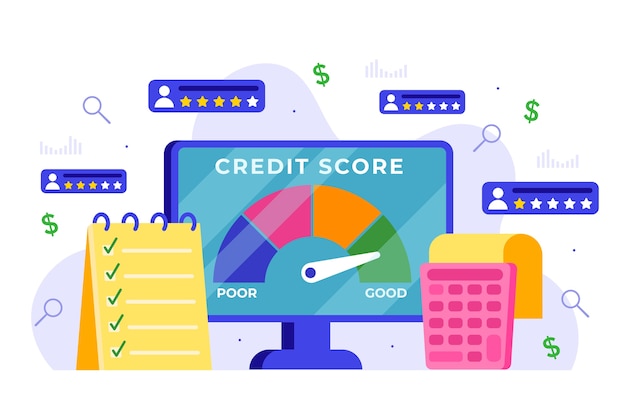
**Types of Payments:**
**Installment Loans:**
**Credit Cards:**
**Keeping Accounts Open:**
Ever wondered how to achieve a perfect credit score? So much of what we buy or finance depends on our creditworthiness. Everything from the type of credit card rewards you get to your mortgage relies on this crucial number. It’s definitely something important!
Recently, I’ve applied for my fourth credit card in the past year to accumulate rewards points for travel. Last summer, we took two fantastic vacations and saved nearly $5,000 thanks to these points!
When I tell people about my frequent credit card applications, they usually say, “You’re going to ruin your credit score!” However, my current FICO score is 797, close to the maximum of 850, which means I have an excellent score.
So, how does this work? How does someone who has applied for multiple credit cards in a year maintain a strong credit score? The key lies in understanding how the score is calculated and focusing on the factors that help you most.
My story isn’t unique. Take Walter Cavanagh, for example. He holds the world record for the most credit cards—1,497—with a total credit line of $1.7 million. Despite this, he has a nearly perfect credit score. He uses only one card and pays it off every month.
How is this possible? It’s not the number of cards but how you manage them that counts. So, let’s break down what elements make up your FICO score.
First, note that there are multiple credit scores out there, but the most common is the FICO score, introduced in 1989 by the Fair Isaac Corporation. FICO scores are based on information from three national bureaus: Experian, Equifax, and TransUnion.
A credit score quantifies your ability to repay borrowed money, indicating your level of “risk” to lenders. Factors contributing to your credit score include:
1. **Payment History**: Paying your loans on time boosts your score. Late payments lower it, with severity depending on how overdue the payments are and their frequency. Only certain accounts like credit cards, retail accounts, mortgages, and installment loans are considered. Bills like cable or water don’t count but lawsuits, liens, bankruptcies, and foreclosures do.
2. **Credit Utilization**: Keep your credit card balances low and avoid maxing out your cards. Aim to use no more than 30% of your credit limit on any card. For example, if you have a $10,000 limit, try not to carry a balance above $3,000.
3. **Account Age**: The longer you’ve had credit, the better. Opening too many new accounts can hurt your score as it may signal financial trouble.
4. **Mix of Credit Types**: Having a variety of credit types, like mortgages and installment loans, can improve your score. Using credit cards wisely can also help, contrary to some extreme advice to avoid them altogether.
5. **New Credit Inquiries**: Opening new cards or loans too frequently can negatively impact your score. Although inquiries remain on your report for 24 months, they’re only factored into your score for 12 months. Checking your own credit score doesn’t hurt your score.
Maintaining a high credit score involves understanding these components. By making payments on time, using a good mix of credit accounts, and avoiding over-extending yourself, you can achieve a great score.
What do you do to aim for a perfect credit score? What mistakes do you try to avoid? Let’s share tips and experiences!
